Nutrients are the building blocks for a healthy body. They create a firm foundation for a lifestyle abundant in energy, vibrant moods, strong bones and muscles, and much more. You need a balanced amount of vitamins, minerals, and nutrients—especially amino acids—to achieve this goal.
Amino acids are good for many different bodily functions. Digesting food, fortifying soft tissues, supplying energy—you need amino acids to do all of these things, and more. It’s important to get enough amino acids each day and.
What Are Amino Acids?
Amino acids are compounds that consist of hydrogen, oxygen, nitrogen, and carbon. They’re instrumental in protein formation. Each type of amino acid is distinguished by a structure called a side chain. These side chains give amino acids specific functions in the body, making them incredibly versatile.
Amino acids fall into three different groups:
Essential amino acids are consumed in the food we eat and can’t be produced by the body on its own. There are nine essential amino acids:
Histidine
Isoleucine
Leucine
Lysine
Methionine
Phenylalanine
Threonine
Tryptophan
Valine
Nonessential amino acids can be produced by the human body and are also found in food. The 11 nonessential amino acids are:
Alanine
Arginine
Asparagine
Aspartic acid
Cysteine
Glutamic acid
Glutamine
Glycine
Proline
Serine
Tyrosine
Conditional amino acids start out as nonessential amino acids, but they can be converted to essential when the need arises, such as an illness or other health issue. The conditional category consists of:
Arginine
Cysteine
Glutamine
Glycine
Proline
Serine
Tyrosine
As their name implies, essential amino acids are necessary to carry out the functions of daily life, and you need to consume them every day. But what are amino acids good for, exactly?
Health Benefits of Amino Acids
Amino acids do so much for you, but here are the top 10 most important functions:
Providing the body with energy. Isoleucine and valine, in particular, are good sources of energy to fuel the body.
Enhancing the musculoskeletal system. Isoleucine and valine assist with healthy muscle function, while leucine works to repair muscles. Lysine promotes calcium absorption needed for bone growth. These amino acids are good for healthy, toned muscles and strong bones. Isoleucine and valine are common ingredients in workout supplements because they target the muscles and boost energy.
Regulating digestion. Your body produces histamine to help your digestive system work properly. You need histidine to help generate histamine.
Enforcing healthy sleep/wake cycles. Erratic sleep habits caused by issues such as insomnia, sleep apnea, and stress, can take a toll on your overall health. Histidine and tryptophan help you maintain normal circadian rhythms for a good night’s sleep.
Supporting the immune system. Want to keep colds and flu at bay? Histidine, lysine, and threonine help boost immunity so your body can better fight off viruses.
Producing neurotransmitters. These chemicals are the nervous system’s way of communicating with the body, regulating everything from appetite to mood. Phenylalanine not only produces some neurotransmitters but other types of amino acids, too.
Stimulating the growth of healthy skin, nails, and hair. Collagen and elastin keep your complexion looking soft and supple. These two proteins also encourage hair and nail growth. Lysine assists with collagen production, while threonine helps generate collagen and elastin.
Producing hormones. Amino acids such as lysine are useful for maintaining healthy hormone levels. Examples of amino acid hormones include epinephrine and norepinephrine, which oversee the body’s stress response, and thyroxine, which plays a role in metabolism.
Maintaining a healthy weight. Methionine governs our metabolic rate and can also help with detoxification, while threonine is key for metabolizing fat.
Balancing your moods. Tryptophan jump-starts the production of serotonin, a hormone that’s essential for feeling happy and well-adjusted.

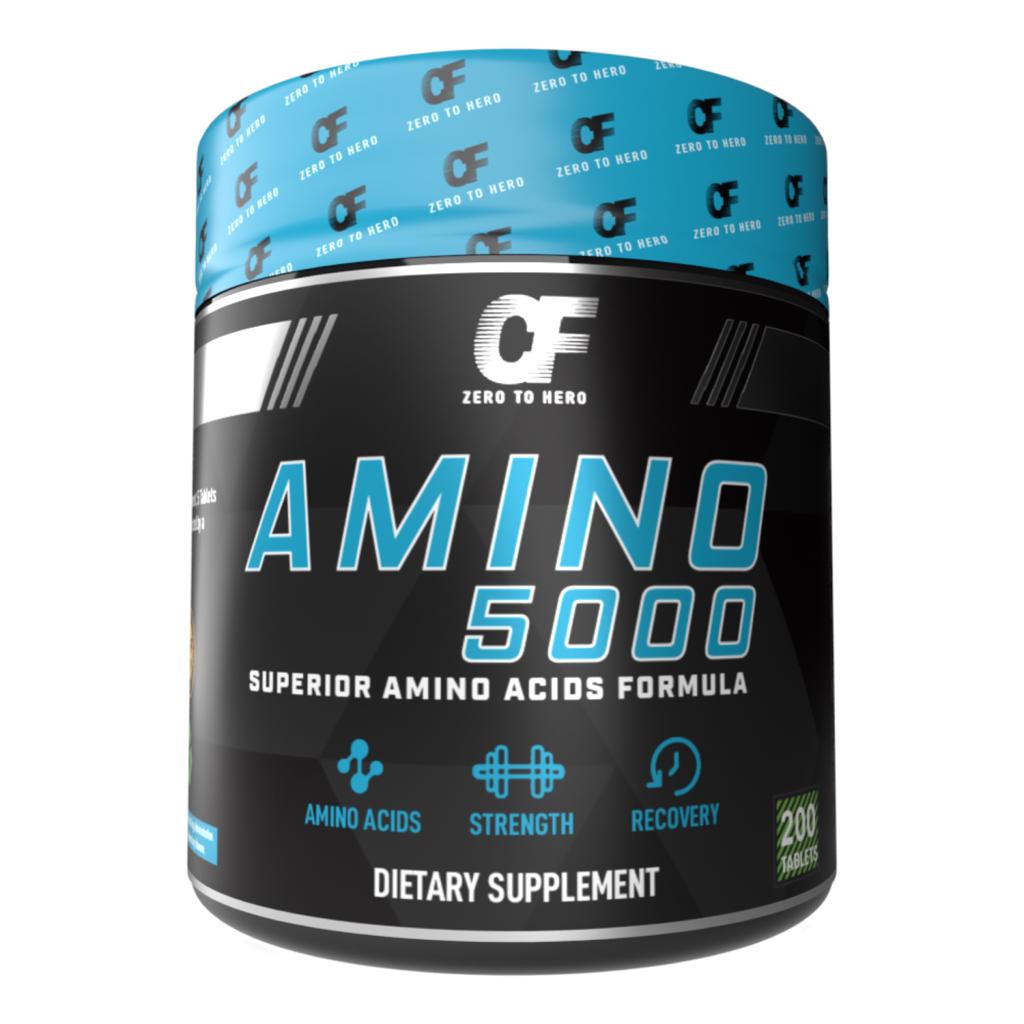
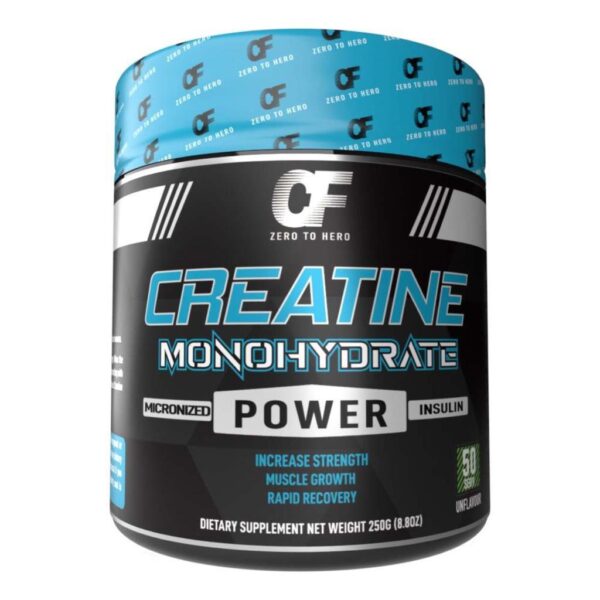
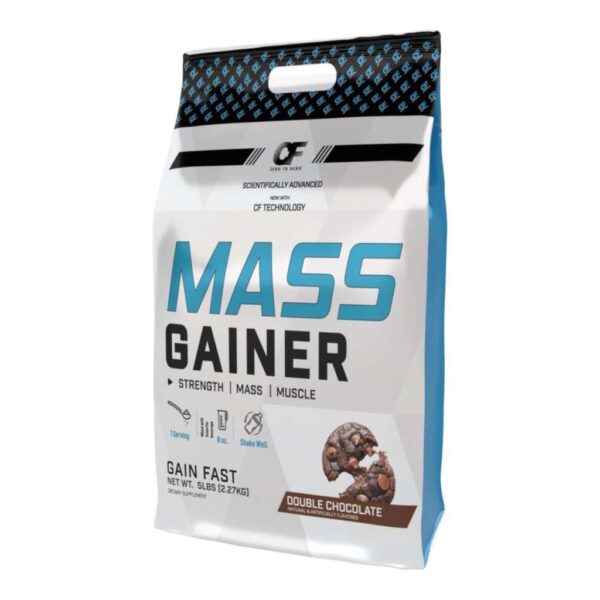


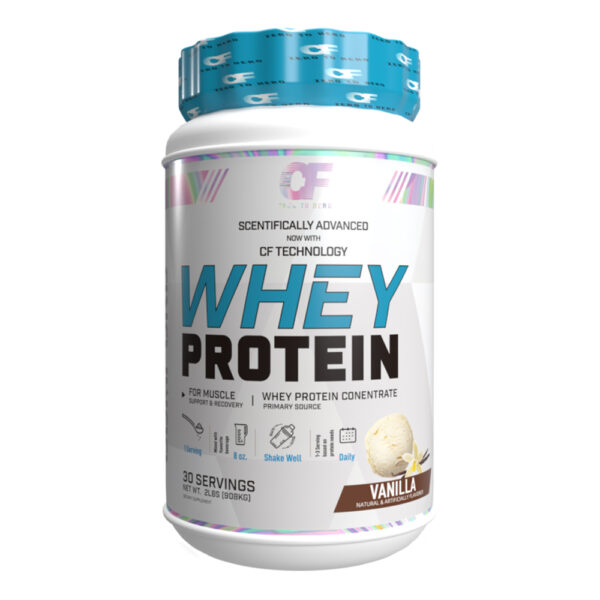

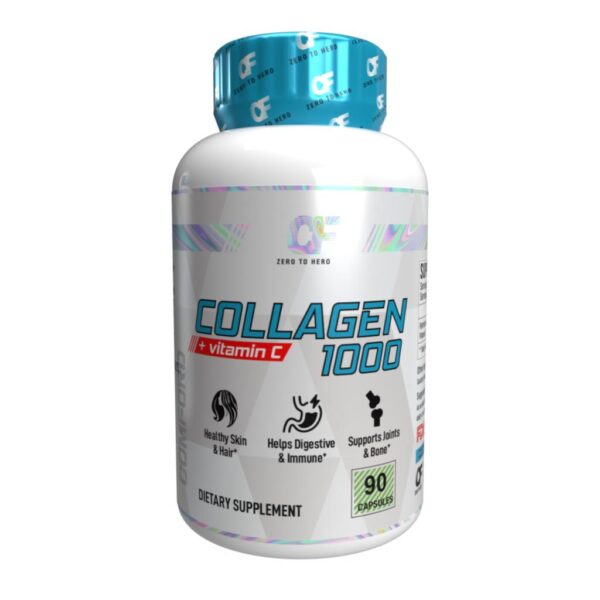
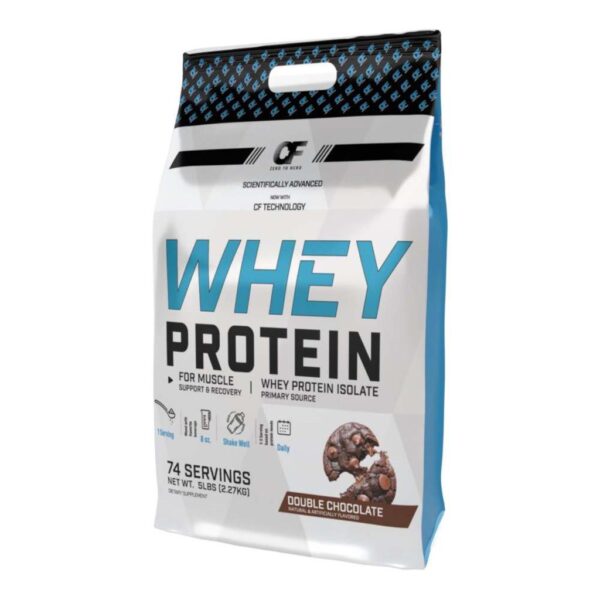
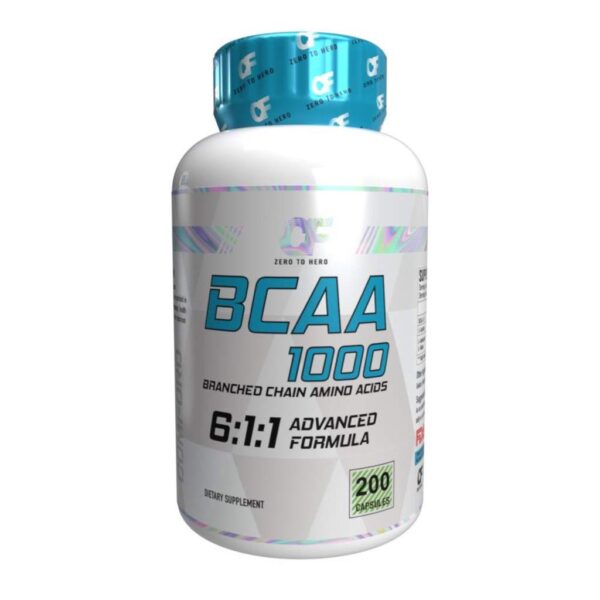
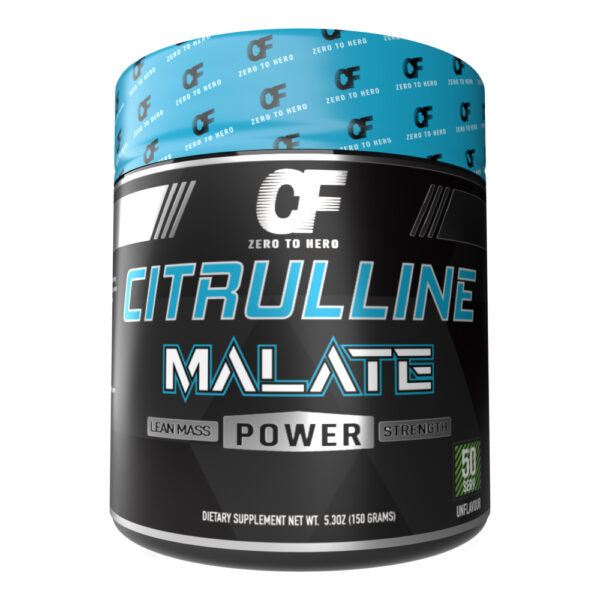
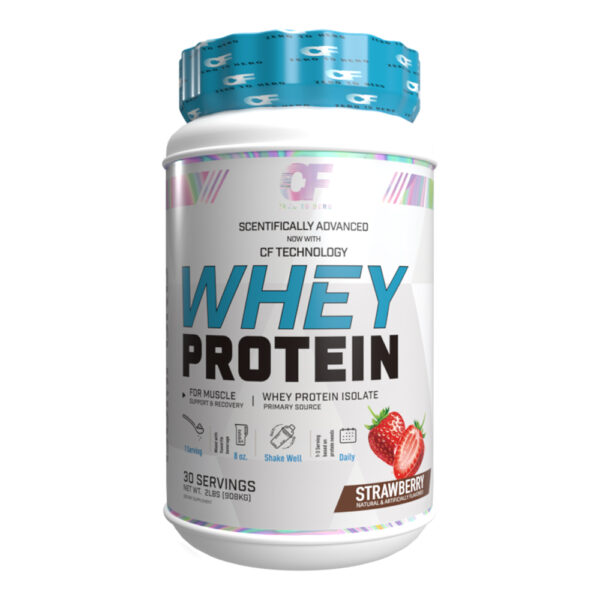
Reviews
There are no reviews yet.